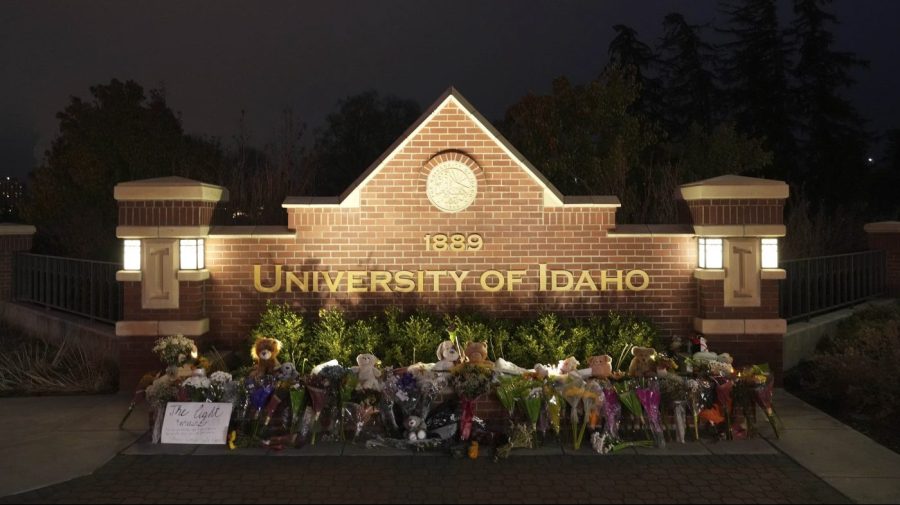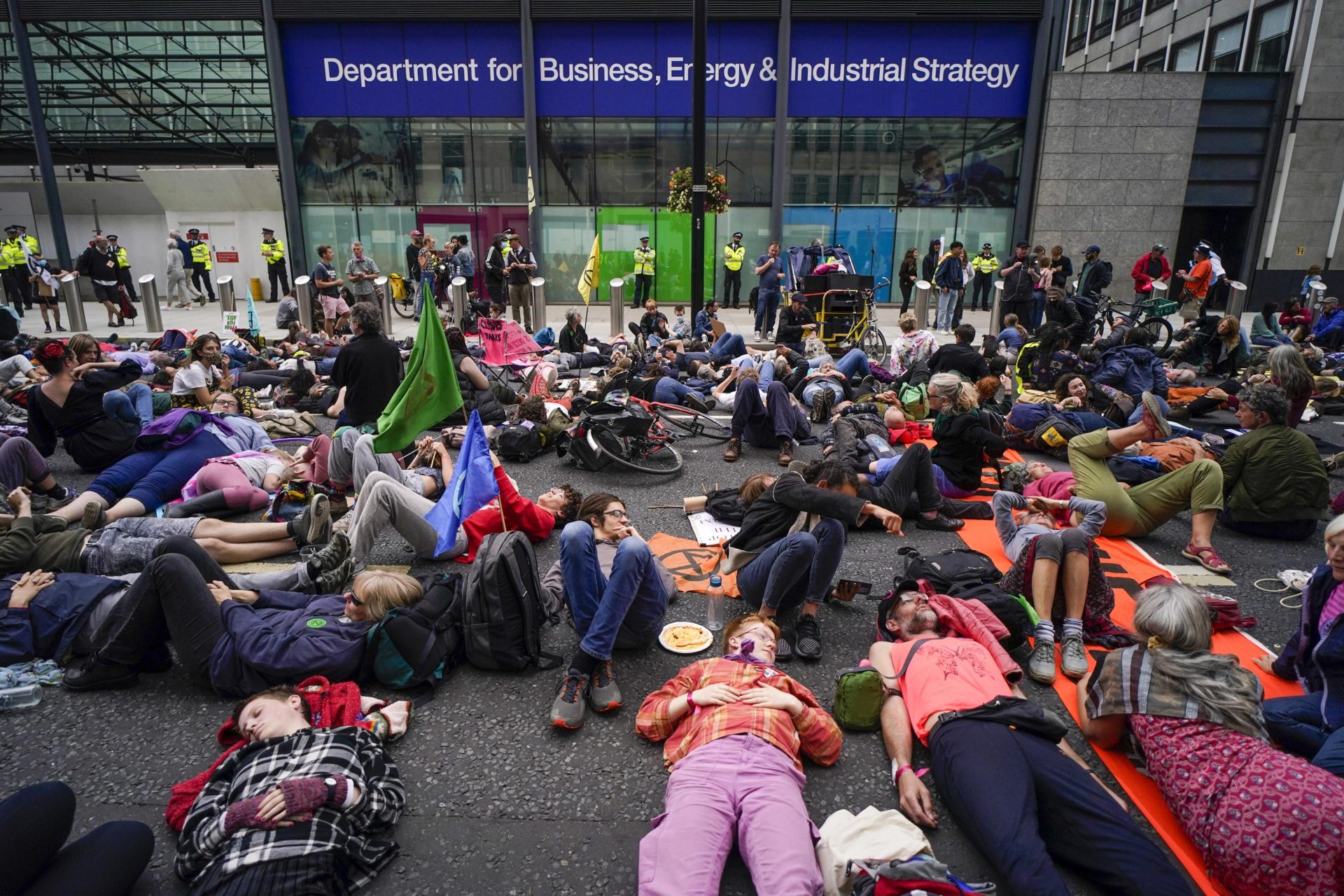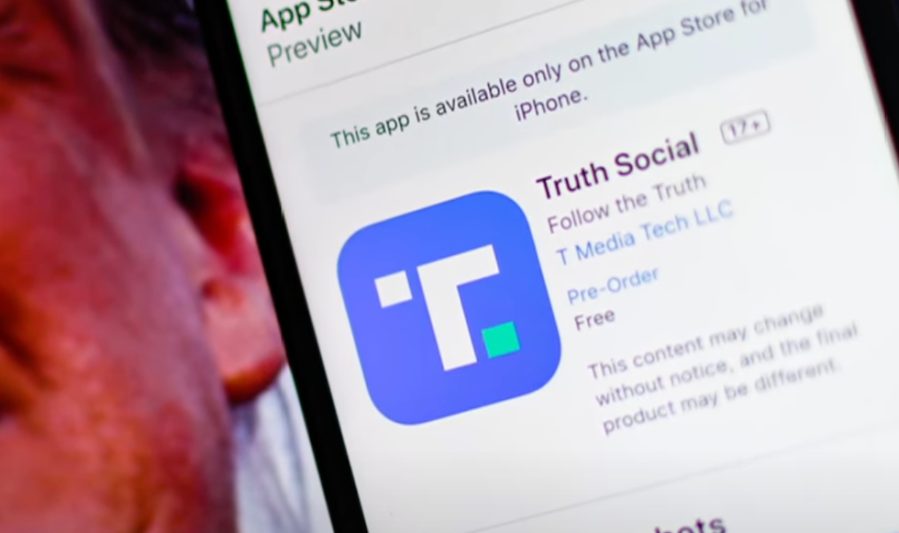Just In | The Hill
If you or someone you know is struggling or in crisis, help is available. Call or text 988 or chat 988lifeline.org.
For many people, the start of a new year can signify a new beginning or a new commitment to improving their lives.
But it also comes at a time of year when feelings of anxiety and depression are often amplified by winter cold and darkness, and when the excitement of the holidays is beginning to ebb.
Beyond seasonal mood changes, recent years have also seen a decline in Americans’ mental health amid the coronavirus pandemic. One poll released this month found that the share of Americans who consider their mental health to be “excellent” or “good” is at its lowest point ever.
Psychiatrist Ravi Shah at Columbia University gives some advice on how to make mental health a priority as 2023 begins.
Review the past year — but don’t get too negative
As the end of the year approaches, Shah notes that people may find themselves reflecting on their lives over the past 12 months and whether they’re heading in the direction they want to be.
“Thinking through that with a therapist can be super helpful and wonderful thing to do,” Shah adds. In fact, it is common for interest in therapy to increase in the first few months of the year.
But there is a difference between reflecting and ruminating, or being caught in a loop of negative thoughts. Ruminating can “interfere with an individual’s ability to engage in effective problem-solving and adaptive behaviors,” according to paper published in Frontiers in Human Neuroscience.
To break out of such a cycle, psychologist Margaret Wehrenberg suggests reminding yourself of times when things worked out well, remembering good memories or physically putting yourself in a different environment to help foster positive thoughts.
Put less pressure on New Year’s resolutions
People often seek to make positive changes in their lives at the beginning of the year with New Year’s resolutions.
However, not being able to keep a resolution may lead to feelings of shame and guilt, which may not be helpful, says Shah. “Resolutions feel absolutist and rigid,” he says. “And I think they’re set up for all sorts of challenges.”
Instead, he suggests setting goals.
Goals can be broad, like aiming to eat healthier. Then specific objectives can be set within that goal, Shah says. For example, you can try to eat vegetarian meals three times a week. Later, you can assess how well you worked towards a goal by counting how many weeks you were able to achieve each objective.
“The reason I like the word goals is because who have you ever met that meets 100 percent of their goals?” Shah tells Changing America. “Not many people. The point of the goal setting is to say, where am I headed and how do I start moving in that direction.”
And you don’t have to pressure yourself to do this in January, because it’s an arbitrary point in time, Shah says. Instead, he suggests revisiting goals at another point in the year, like in July, and readjusting as necessary.
Combat seasonal depression by going outside, socializing and doing some light therapy
Seasonal depression or seasonal affective disorder can start impacting people as early as October and November, when the clocks change and daylight grows short in the evening.
But seasonal depression or winter blues can peak in January, when the excitement of the holidays has faded and it’s cold and dark in many parts of the country, says Shah. Those who are affected might feel down in the dumps and lethargic, as in cases of regular depression. They may also experience early morning awakening, when they wake up an hour or more before their normal waking time and are unable to fall back asleep.
Light box therapy can help improve seasonal depression symptoms, if used appropriately.
Getting out of the house can also be helpful — though convincing yourself to do it may be a challenge, Shah says. “It’s really tempting to want to hunker down because it’s cold, or it’s raining or because it’s dark out.”
But he says spending time outdoors and socializing with others can help people feel better, even if they don’t feel like doing it.
Consider speaking with a therapist
Speaking to a therapist to process feelings around the end of the year and in the aftermath of the holiday season can be healthy, Shah says. Mental health professionals may be able to provide an outside perspective that can put your thoughts into context. In some cases, getting help from a therapist can even be lifesaving.
If you find yourself ruminating, not wanting to get out of bed or having thoughts about hurting yourself, Shah says it might be time to seek help from a mental health professional.
“We always say pain is your body’s way of saying something’s wrong,” says Shah. “Thoughts about wishing you were dead or suicide are your mind’s way of saying something’s wrong.”
Healthcare, Policy Read More












